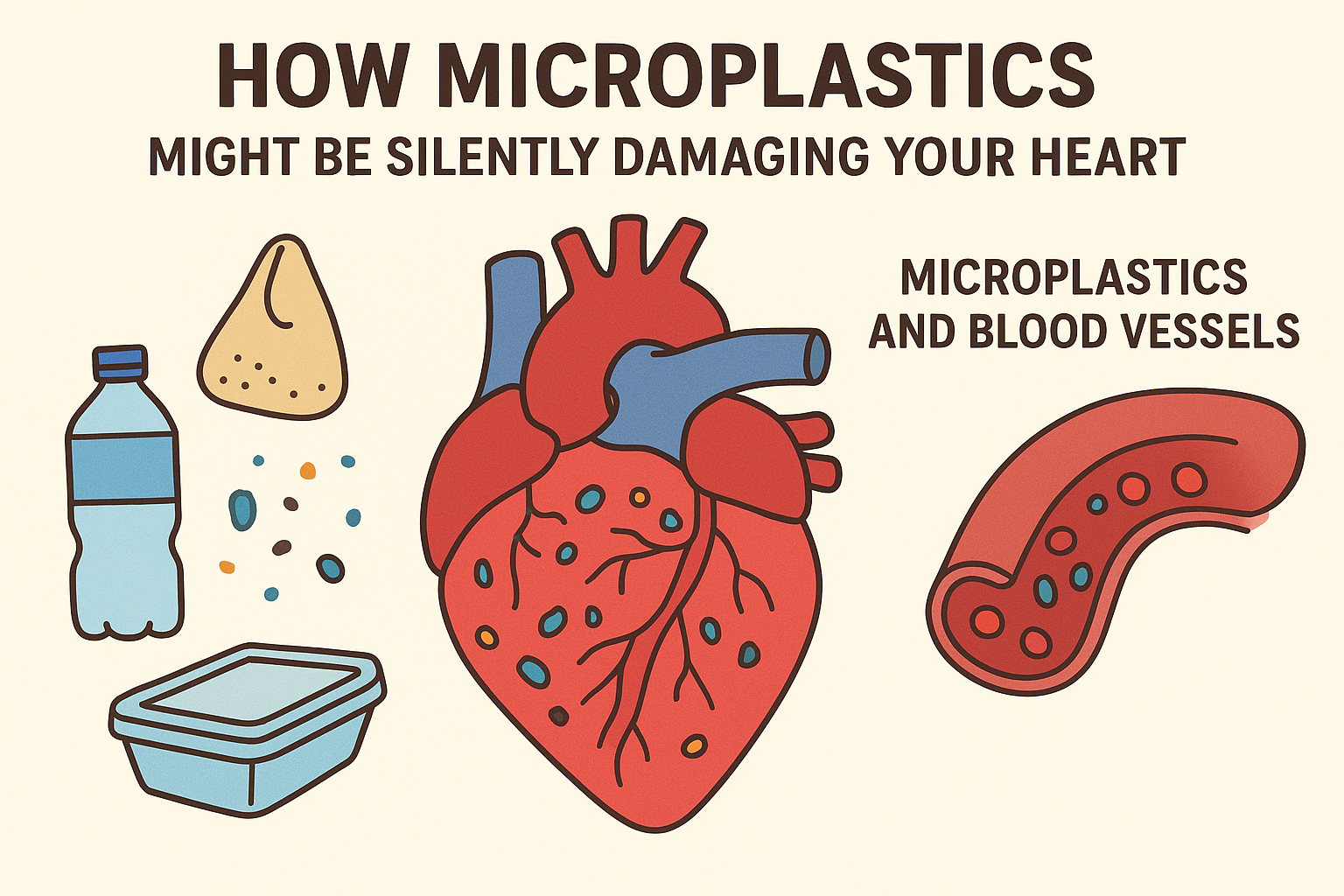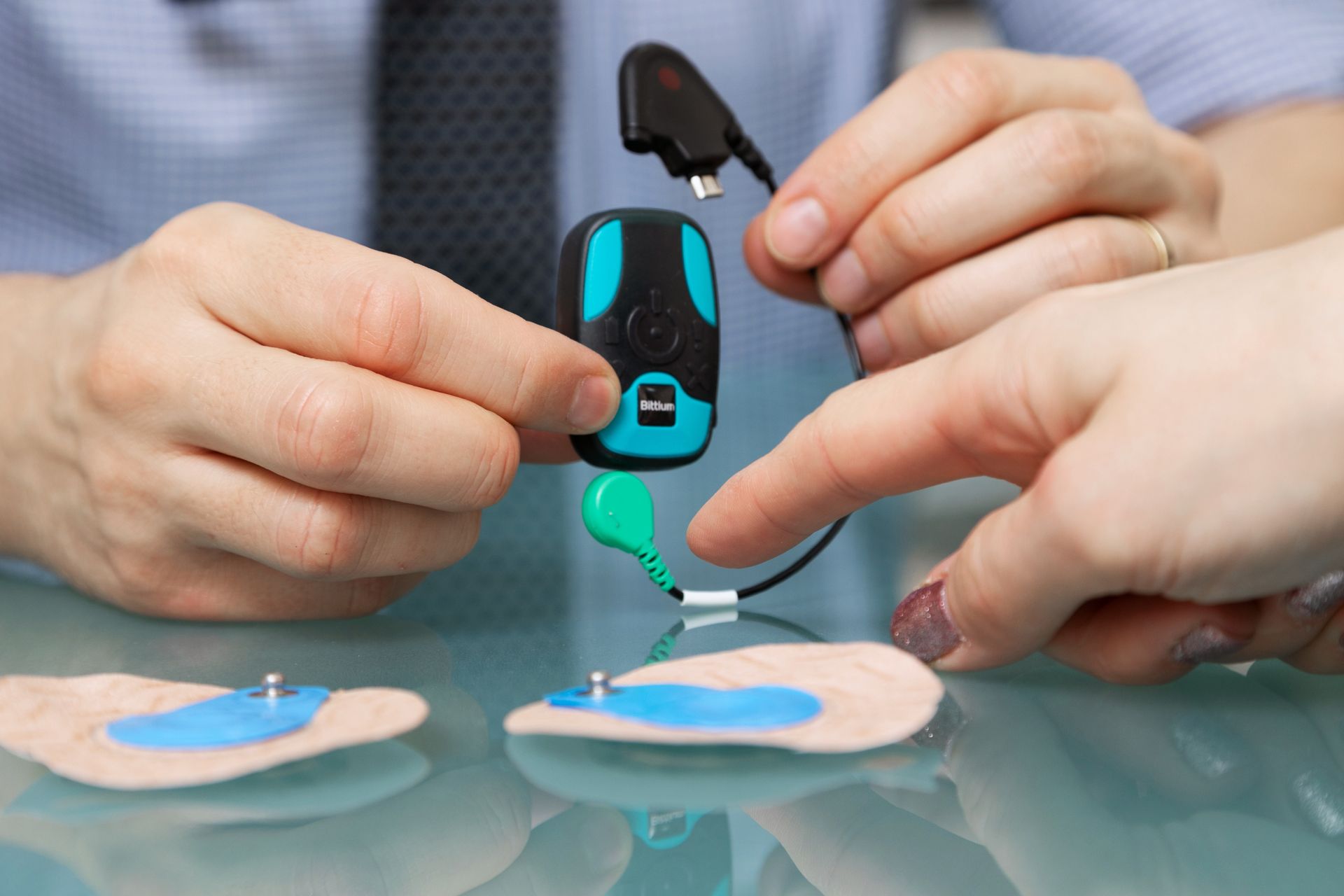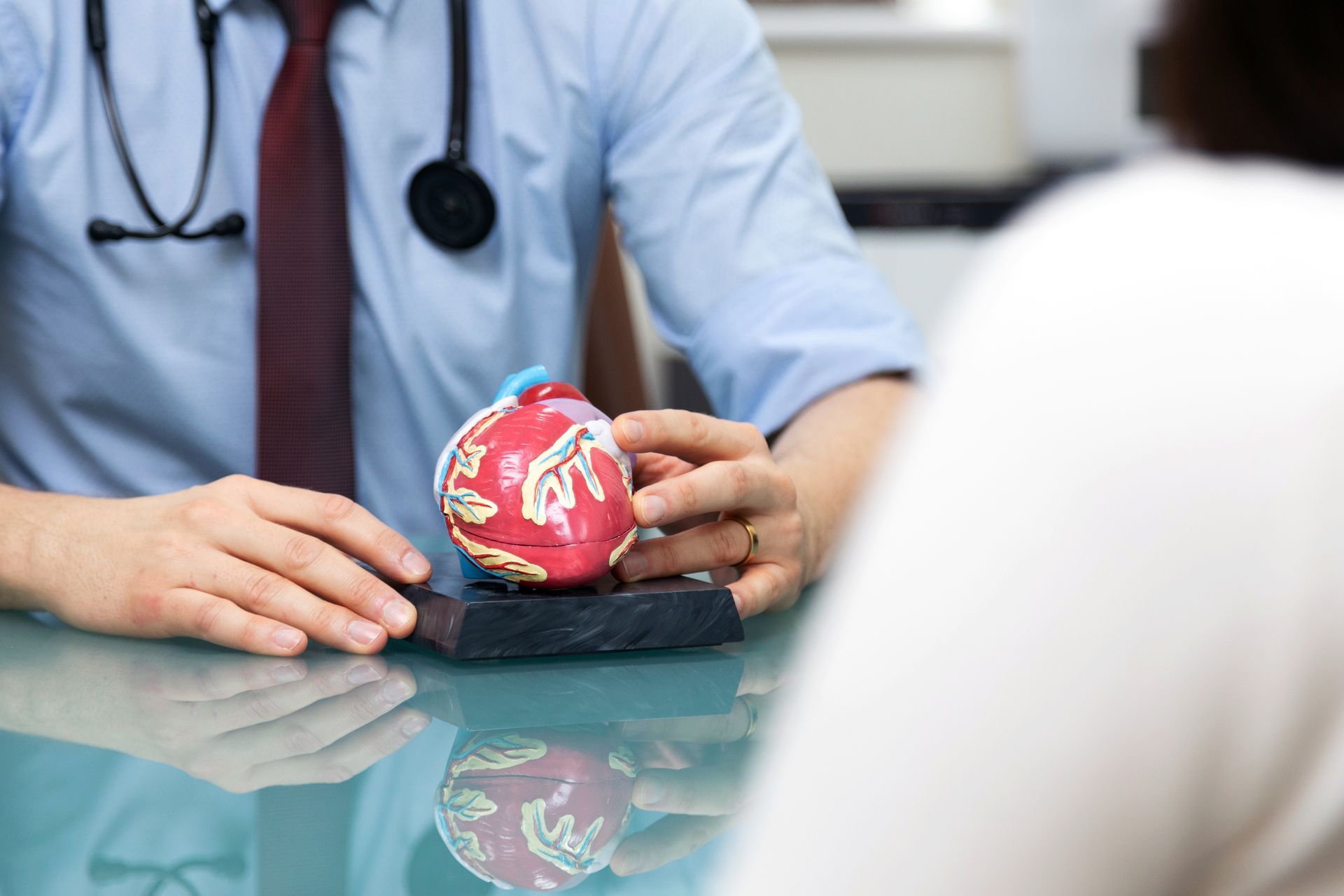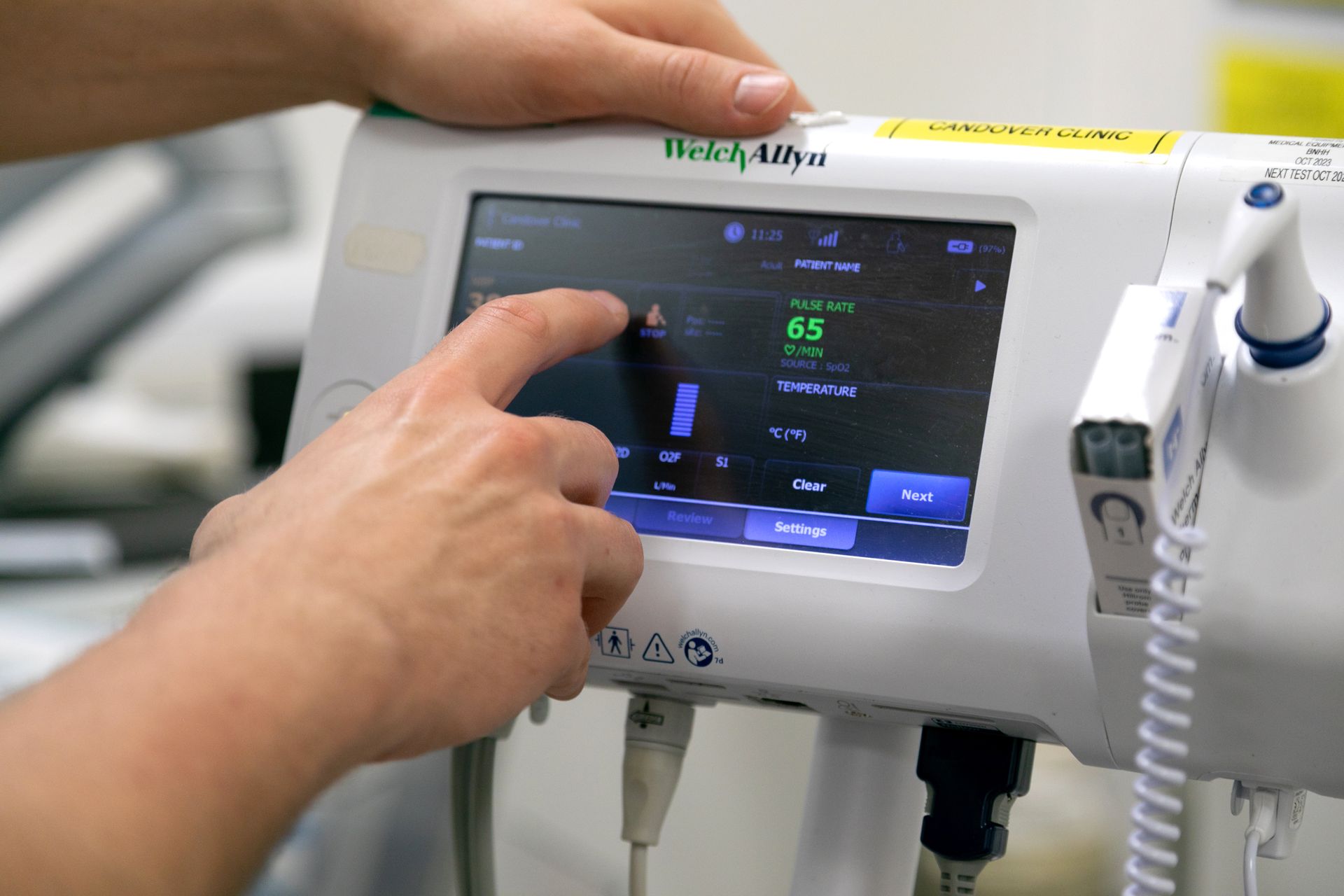Do Apple Cider Vinegar Shots have an impact on Your Blood Pressure?
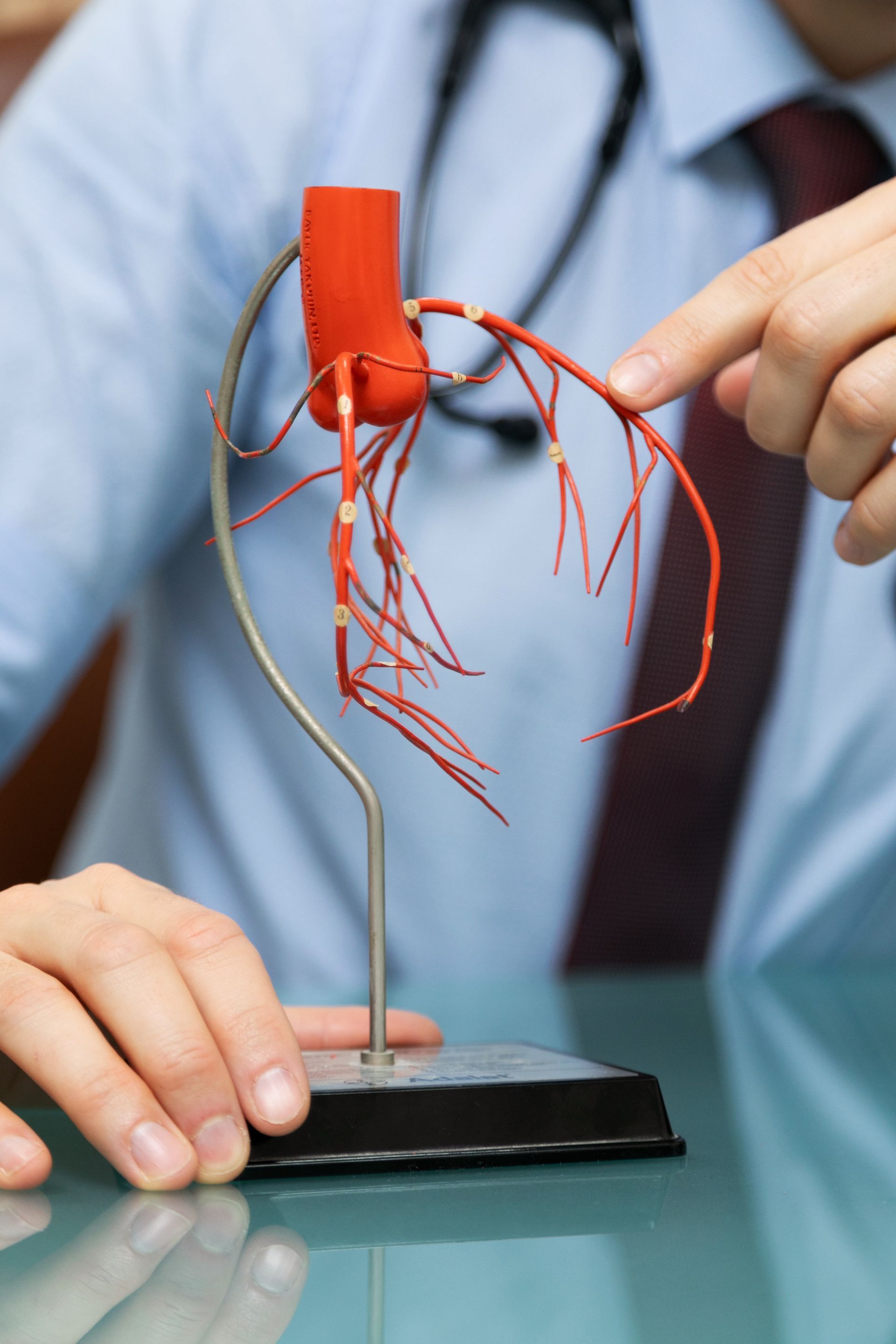
Introduction
High blood pressure, or hypertension, affects over 1.3 billion people worldwide (World Health Organization, 2023). Uncontrolled hypertension significantly increases the risk of heart attacks, strokes, kidney disease, and premature death. With prevalence rising globally, many people turn to natural or complementary remedies to help manage blood pressure alongside standard medical care.
One such remedy that has gained popularity in recent years is apple cider vinegar (ACV) — particularly in the form of so‑called “apple cider vinegar shots.” Enthusiasts claim that drinking a small daily amount of ACV can help regulate blood pressure. This fits within a wider consumer trend toward natural products and functional foods.
But what does the science actually say? Do apple cider vinegar shots lower blood pressure in a clinically meaningful way, or are these claims mostly anecdotal?
In this article, we’ll explore:
- What apple cider vinegar is and why it’s thought to help
- The biological mechanisms proposed for lowering blood pressure
- What research — from animal studies to human clinical trials — really shows
- Safety considerations and practical tips
- Whether the hype aligns with the evidence
Before diving in, it helps to define what we mean by “apple cider vinegar shots.” Typically, these are small servings (about 15–30 ml, or 1–2 tablespoons) of raw, unfiltered ACV, sometimes diluted with water or mixed with honey, ginger, or lemon juice to improve taste.
Let’s look at the evidence.
Understanding Apple Cider Vinegar
Apple cider vinegar is a fermented product made by crushing apples to extract juice, then adding yeast to convert sugars into alcohol (alcoholic fermentation). A second fermentation by bacteria (commonly Acetobacter species) oxidizes alcohol into acetic acid — the primary active compound responsible for vinegar’s sour taste and sharp aroma.
Why the fascination with apple cider vinegar for blood pressure?
Vinegar has long been used in traditional medicine for digestion, weight control, and antimicrobial purposes. In recent decades, research has explored several biological effects that might indirectly support cardiovascular health, including:
- Potential improvements in fasting plasma glucose and blood lipid levels (PMC8243436)
- Modest benefits for weight management and appetite control
- Possible antioxidant and anti‑inflammatory effects from polyphenols
A 2021 review of nine studies suggested ACV might modestly support healthier blood lipid and glucose levels, which could reduce cardiovascular risk, especially alongside other lifestyle changes. However, these findings come with caveats: most studies were small, short‑term, and often not specifically focused on hypertension.
Importantly, ACV should never replace prescribed medical treatment.
Forms and trends in consumption
ACV is most commonly consumed as:
- Liquid ACV (raw, unfiltered)
- Apple cider vinegar shots: Single‑serve liquids, sometimes flavored with honey, ginger, turmeric, or lemon
- Gummies and capsules: Convenient but usually contain less acetic acid (Healthline)
- Ready‑to‑drink wellness tonics and beverages
Among these, shots are the most frequently marketed for quick daily intake.
Proposed Biological Mechanisms: How Might ACV Affect Blood Pressure?
Here are the main hypotheses, based on preliminary evidence:
1. Inhibition of the renin–angiotensin system (RAS)
The RAS plays a key role in blood pressure regulation by producing angiotensin II, which narrows blood vessels. Animal studies suggest acetic acid may dampen this system.
- One study found that red wine vinegar reduced angiotensin‑converting enzyme activity in rats (PubMed 15997099).
While promising, animal data doesn’t guarantee similar effects in humans.
2. Improving insulin sensitivity and weight control
Insulin resistance can elevate blood pressure by activating the sympathetic nervous system and increasing sodium retention.
- A small human trial found vinegar before meals improved insulin sensitivity in insulin‑resistant patients (Diabetes Care).
- Another study reported that vinegar with white bread lowered post‑meal glucose and insulin spikes and increased satiety (PubMed 16015276).
Even modest improvements in insulin sensitivity and weight can positively affect blood pressure over time.
3. Vasodilatory and antioxidant effects
Polyphenols in foods like berries, olive oil, and tea help maintain nitric oxide (NO), which keeps blood vessels relaxed.
- Antioxidants preserved endothelial function in rabbits fed a cholesterol‑rich diet (PNAS)
- Polyphenols supported vascular tone in humans and animals (PubMed 20224869)
- Berries may reduce inflammation and oxidative stress, indirectly supporting blood pressure control (PMC11174419)
- Olive oil polyphenols restored NO under metabolic stress (PubMed 25460732)
While direct evidence for ACV polyphenols is limited, these mechanisms support the broader hypothesis.
4. Possible impact on lipid profiles
Improved lipid profiles can reduce vascular stiffness, indirectly supporting blood pressure.
- A 2021 review reported small reductions in total cholesterol and triglycerides, especially among people with type 2 diabetes or those taking ≤15 ml/day of ACV for over 8 weeks (PMC8243436).
What Does the Research Say?
Animal studies
In hypertensive rats, acetic acid lowered systolic blood pressure by suppressing renin activity (PubMed 11826965). But:
- Animal physiology differs from humans.
- Doses often exceed what people typically consume.
- Results vary by diet and study design.
Human studies: small and limited
- Kondo et al. (2009): Over 12 weeks, daily vinegar drinks reduced body weight and serum triglycerides (PubMed 19661687). The blood pressure effect may be indirect (from weight loss).
- Johnston et al. (2004) and Ostman et al. (2005): Reported improved insulin sensitivity and satiety, not direct BP measurement (PubMed 14694010; PubMed 16015276).
Systematic reviews conclude evidence quality is low, and no large, well‑designed RCTs specifically on ACV and hypertension are available (PMC8243436).
Safety and Side Effects
While widely used, ACV isn’t risk‑free — especially as concentrated shots.
- Dental erosion: Acidic pH can wear down enamel (Case report)
- Gastrointestinal irritation: Can worsen reflux, gastritis, or ulcers (ScienceDirect)
Safe use tips:
- Always dilute (1–2 tablespoons in at least one cup of water)
- Use a straw; rinse mouth afterward
- Take with food rather than on an empty stomach
- Monitor for nausea or burning
- Consult your doctor if you have chronic conditions or take medications
Evidence‑based lifestyle measures first
As recommended by Dr Bart Olechowski’s clinics:
- Maintain a healthy weight
- Engage in at least 150 minutes of moderate aerobic exercise weekly
- Limit alcohol (≤1 drink/day for women, ≤2 for men)
- Quit smoking
More on preventive strategies here:
Hypertension in young adults – why more millennials are at risk
Conclusion: Do Apple Cider Vinegar Shots Really Lower Blood Pressure?
Apple cider vinegar has intriguing biological plausibility and modest animal evidence. But robust human data showing meaningful, sustained reductions in blood pressure is lacking.
While ACV can be part of a balanced diet, the effect size is likely small and shouldn’t replace proven strategies like diet, exercise, and medical treatment.
Dr Bart Olechowski, an experienced consultant cardiologist, sees patients across Hampshire at Candover Clinic, Sarum Road Hospital in Winchester, and Spire Clare Park Hospital in Farnham. His patient‑centred approach combines prevention, early diagnosis, and tailored care.
Full article can be found on our www.drbart.co.uk website:
https://drbart.co.uk/do-apple-cider-vinegar-shots-really-lower-blood-pressure/

